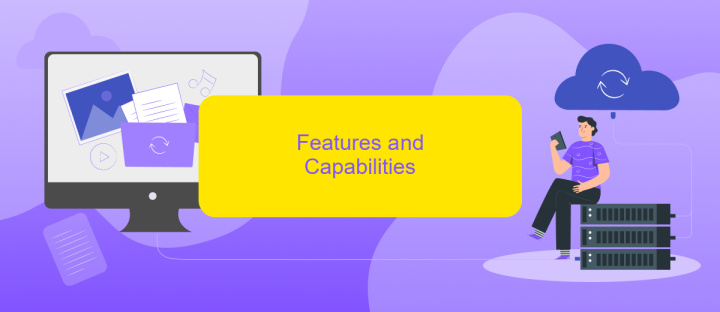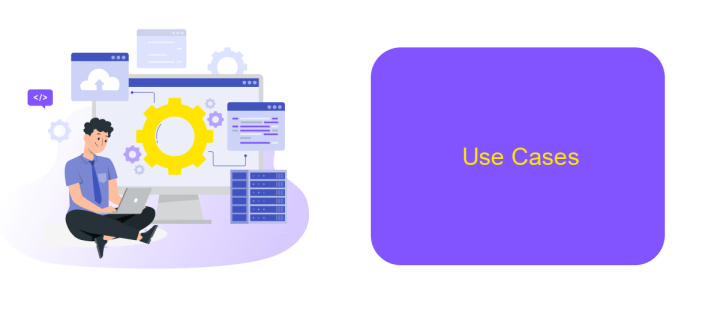Tibco Ems Vs Jms
When it comes to enterprise messaging systems, TIBCO EMS and JMS are two prominent technologies that often come up in discussions. Both offer robust solutions for message-oriented middleware, but they have distinct features and capabilities. This article aims to compare TIBCO EMS and JMS, highlighting their strengths, weaknesses, and ideal use cases to help you make an informed decision.
Introduction
In the realm of enterprise messaging, Tibco EMS and JMS are two prominent technologies that facilitate communication between distributed systems. Tibco EMS (Enterprise Message Service) is a messaging middleware that offers a robust, scalable, and high-performance platform for integrating various applications. On the other hand, JMS (Java Message Service) is a Java API that allows applications to create, send, receive, and read messages.
- Tibco EMS: A proprietary solution with advanced features for enterprise-level messaging.
- JMS: An open standard API that provides flexibility and compatibility across different messaging systems.
Both Tibco EMS and JMS play crucial roles in ensuring seamless integration and communication within complex IT infrastructures. For businesses looking to further streamline their integration processes, services like ApiX-Drive offer automated solutions to connect various applications effortlessly. By understanding the capabilities and differences between Tibco EMS and JMS, organizations can make informed decisions to enhance their messaging and integration strategies.
Comparison Table

When comparing Tibco EMS and JMS, there are several key differences to consider. Tibco EMS (Enterprise Message Service) is a proprietary messaging middleware that offers advanced features such as load balancing, fault tolerance, and high availability. It is designed for enterprise-level applications and provides robust support for various messaging protocols. On the other hand, JMS (Java Message Service) is an API specification that allows Java applications to create, send, receive, and read messages. JMS is vendor-neutral and can be implemented by various messaging service providers, offering more flexibility in terms of deployment options.
Another important aspect is the ease of integration. Tibco EMS comes with built-in tools and features that simplify the integration process, making it easier for enterprises to connect different systems. For those looking to streamline their integration efforts, services like ApiX-Drive can be particularly useful. ApiX-Drive offers a user-friendly interface and a wide range of connectors, enabling seamless integration between various applications and services. In contrast, JMS requires more manual configuration and coding, which might be challenging for organizations without extensive technical expertise.
Features and Capabilities

When comparing Tibco EMS and JMS, it's essential to understand their unique features and capabilities. Both are powerful messaging systems, but they have distinct characteristics that cater to different needs.
- Protocol Support: Tibco EMS supports multiple protocols including TCP, SSL, and HTTP, while JMS primarily focuses on Java-based messaging.
- Message Types: Both systems support various message types like TextMessage, ObjectMessage, and BytesMessage, but Tibco EMS offers additional flexibility with proprietary message formats.
- Integration: Tibco EMS integrates seamlessly with other Tibco products and third-party systems using ApiX-Drive, enhancing its interoperability. JMS, being a Java standard, integrates well with Java applications and frameworks.
- Performance: Tibco EMS is known for its high performance and low latency, making it suitable for real-time applications. JMS performance can vary depending on the implementation.
- Security: Tibco EMS provides robust security features, including SSL encryption and access control, whereas JMS relies on the security mechanisms of the underlying implementation.
In summary, Tibco EMS offers enhanced protocol support, flexibility, and performance, making it ideal for complex enterprise environments. JMS, on the other hand, provides a standardized approach that is well-suited for Java-centric applications. Both systems can benefit from integration services like ApiX-Drive to streamline connectivity and improve operational efficiency.
Use Cases

When comparing Tibco EMS and JMS, it's essential to consider their unique use cases to determine which is more suitable for your needs. Tibco EMS is often preferred for enterprise-level applications requiring robust and scalable messaging systems. It excels in scenarios where high reliability and performance are critical, such as financial services and large-scale distributed systems.
On the other hand, JMS (Java Message Service) is a standard API used for messaging between two or more clients. It is ideal for applications needing a more straightforward, standardized approach to messaging. JMS is often used in Java-based applications and can be integrated with various messaging brokers, providing flexibility and ease of use.
- Financial services requiring high reliability: Tibco EMS
- Java-based applications needing standardized messaging: JMS
- Large-scale distributed systems: Tibco EMS
- Applications needing flexible integration with various brokers: JMS
For businesses looking to streamline their integration processes, services like ApiX-Drive can be beneficial. ApiX-Drive simplifies the setup of integrations between different systems, ensuring seamless data flow and operational efficiency. Whether you choose Tibco EMS or JMS, ApiX-Drive can help automate and manage your integration tasks effectively.
Conclusion
In conclusion, both Tibco EMS and JMS offer robust solutions for messaging and integration within enterprise environments. Tibco EMS provides a more feature-rich and enterprise-focused platform with advanced capabilities, which can be crucial for complex and large-scale systems. On the other hand, JMS offers a more standardized and flexible approach, making it suitable for a variety of applications and easier integration with other systems.
When deciding between Tibco EMS and JMS, it is essential to consider the specific needs and scale of your organization. For those looking to streamline their integration processes, services like ApiX-Drive can be invaluable. ApiX-Drive simplifies the integration of various applications and services, ensuring seamless data flow and automation. Ultimately, the choice between Tibco EMS and JMS should align with your organization's technical requirements and long-term strategic goals.
- Automate the work of an online store or landing
- Empower through integration
- Don't spend money on programmers and integrators
- Save time by automating routine tasks
FAQ
What is the primary difference between TIBCO EMS and JMS?
Can TIBCO EMS be used with other messaging protocols besides JMS?
Is TIBCO EMS more suitable for large enterprises compared to JMS?
How can I integrate TIBCO EMS with other applications?
What are some common use cases for TIBCO EMS?
Apix-Drive is a universal tool that will quickly streamline any workflow, freeing you from routine and possible financial losses. Try ApiX-Drive in action and see how useful it is for you personally. In the meantime, when you are setting up connections between systems, think about where you are investing your free time, because now you will have much more of it.


